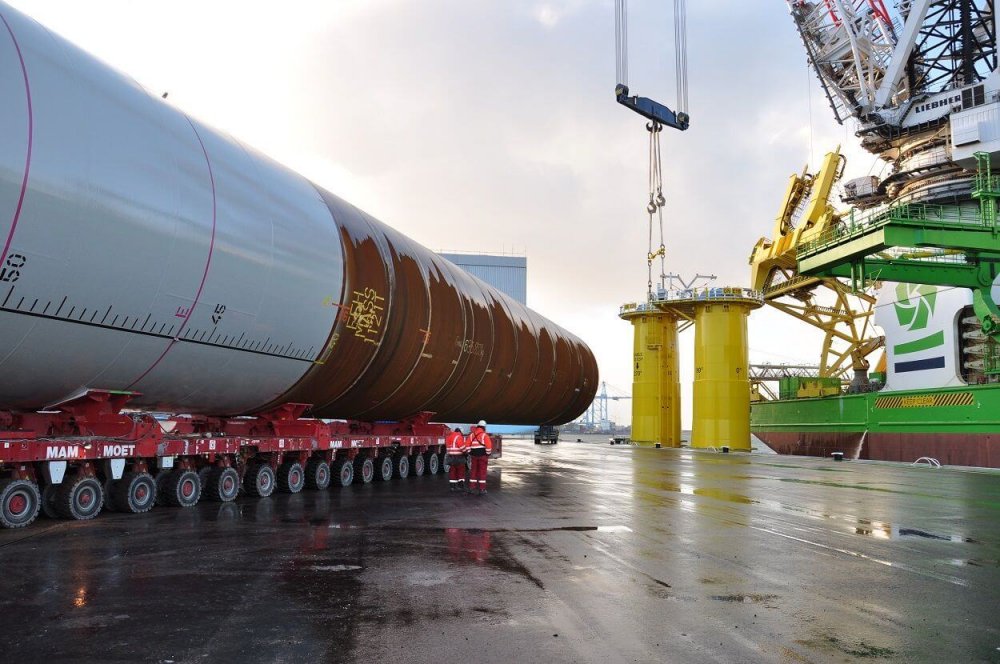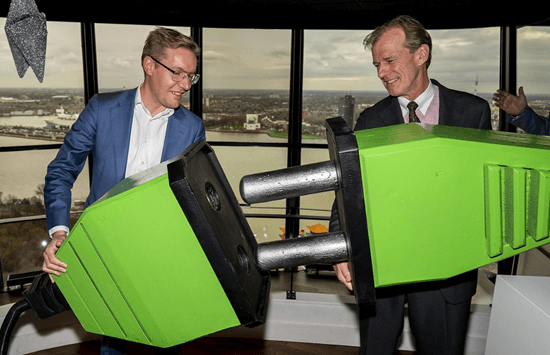
With the European Green Deal, the European Commission aims to become the first climate neutral continent by 2050. The Port of Rotterdam supports this ambition and is working towards a zero-emission port in 2050. The reduction of emissions by the shipping industry is part of that ambition.
The emissions of berthed ships account for only 2% of the total emissions of logistics chains via Rotterdam, but the reduction of emissions in the port is still important.
According to Port of Rotterdam they especially want to improve the living environment in surrounding residential areas and protect vulnerable Natura2000 areas in close proximity to the port.
Shore power has large socio-economic benefits to deliver, but is not a measure that works everywhere. For certain port areas, other measures such as the use of low and zero-emission fuels could be far more cost-effective in terms of emission reduction.

Together with the Municipality of Rotterdam, the port authority has embarked on an ambitious strategy to realize 8 to 10 new shore power installations in the next five years.
“In order to realize these ambitions, we need direct project subsidies to cover the non-profitable top of promising shore power projects.”
Putting a price on shipping emissions would considerably improve the business case for shore power while also boosting usage rates. Whereas a permanent tax exemption for shore power and zero-emission fuels is needed to create a level playing field with tax exempted fossil fuels.
“Instead of top-down regulations, we would welcome a tailored approach with progressive ambitions per shipping segment, taking into account local circumstances and costs, while also driving standardisation. We advocate a value chain approach for the rollout of shore power in European ports, based on cooperation and stimulation, rather than regulation.”
The ports ambition is to supply 90% of the ships visiting public quays in the urban area with shore power by 2030. Furthermore, we focus on areas and segments where we can take large steps forward.
“In order to realize these ambitions, we need direct project subsidies to cover the non-profitable top of promising shore power projects. Putting a price on shipping emissions would considerably improve the business case for shore power while also boosting usage rates. Whereas a permanent tax
exemption for shore power and zero-emission fuels is needed to create a level playing field with tax exempted fossil fuels.
By fulfilling these conditions, European policymakers can help us to deliver zero-emission ports, which in turn can help Europe to achieve climate neutrality in 2050.”

